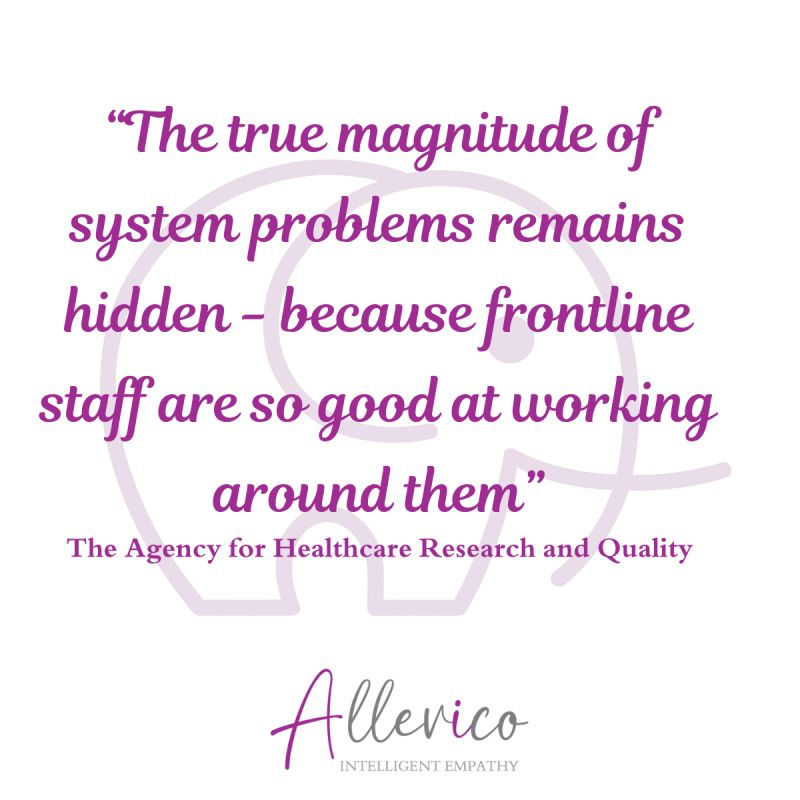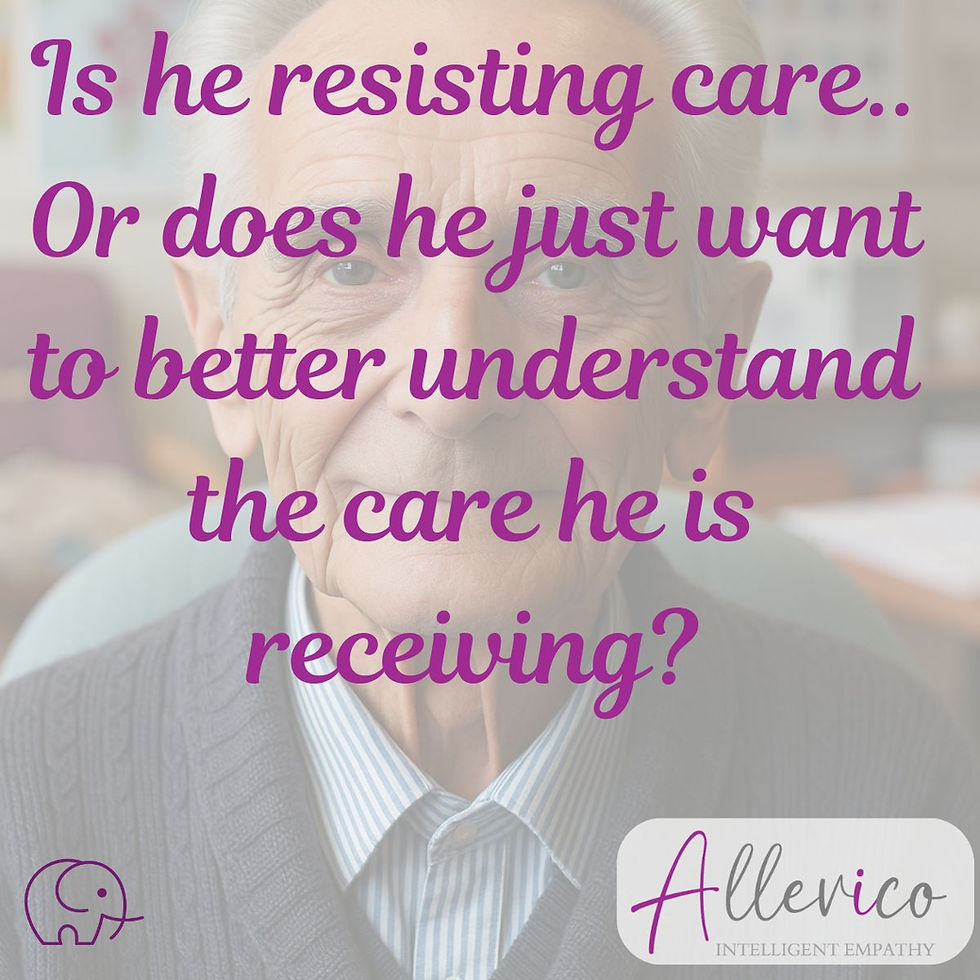Is there a secret underworld of caring nurses?
- Paul

- Jul 17, 2025
- 2 min read
Quietly building their own systems to deliver person-centred care?

Not in any policy. Not in any procedure. But quietly known by every nurse on shift.
A WhatsApp group.
A notebook in the top drawer of the nurses’ station, labelled for the agency staff.
A whiteboard on the back of a door.
That’s where the real insights often live.
We’ve heard stories like these from nurses and carers across many facilities.
Not complaints. Not confessions. Just quiet, creative ways of making the care they deliver more human.
Some management teams we’ve spoken to tell us, “Our systems already do this.” And maybe they do.
But we’ve also heard:“There’s nowhere to put the things that actually matter.”“The system is for the auditors. This is for us.”
We’re not here to challenge what’s working. Just to notice what might be missing.
Maybe we shouldn’t ignore the workarounds, but rather listen to why they exist.Maybe carers don’t need more paperwork, they need a better window into the life story of the person behind the patient.
When the notes matter more than the system
Is it possible that care plans capture the facts, but not always the feelings?
According to Dementia Training Australia, 72% of aged care staff say they feel underprepared to manage behavioural symptoms of dementia.
So they write things down. They pass notes between shifts. They create the system the system didn’t give them.
As Alzheimer’s Disease International puts it,“Behavioural symptoms are not just clinical issues, they are moments of unmet need.”
A notebook in the top drawer of the nurses’ station might be the best behaviour support tool we have. But does it have to be?
Founder Reflections
“If the people using a system have to work around it, is it really working? Some of the most valuable insights in care are stored in places never designed to hold them. Why not build technology that’s not just smart, but shaped by those who actually rely on it?” Paul Kirschner
“I’ve seen wonderful carers gently redirect someone, or instinctively adjust the environment to ease distress. Too often, those carers are constrained by systems built to satisfy the auditor. Whilst clinical accuracy is paramount, our systems lack the details we need to properly care for the person behind the patient. To not just treat the illness, but to care for the person.” Paul Murphy
“When the system isn’t working, people work around it. What if we started building for what people are already doing, what they tell us actually works, instead of just what we can audit? What if our systems provided personalised insights, right when and where they’re needed?” Paul Murray





Comments